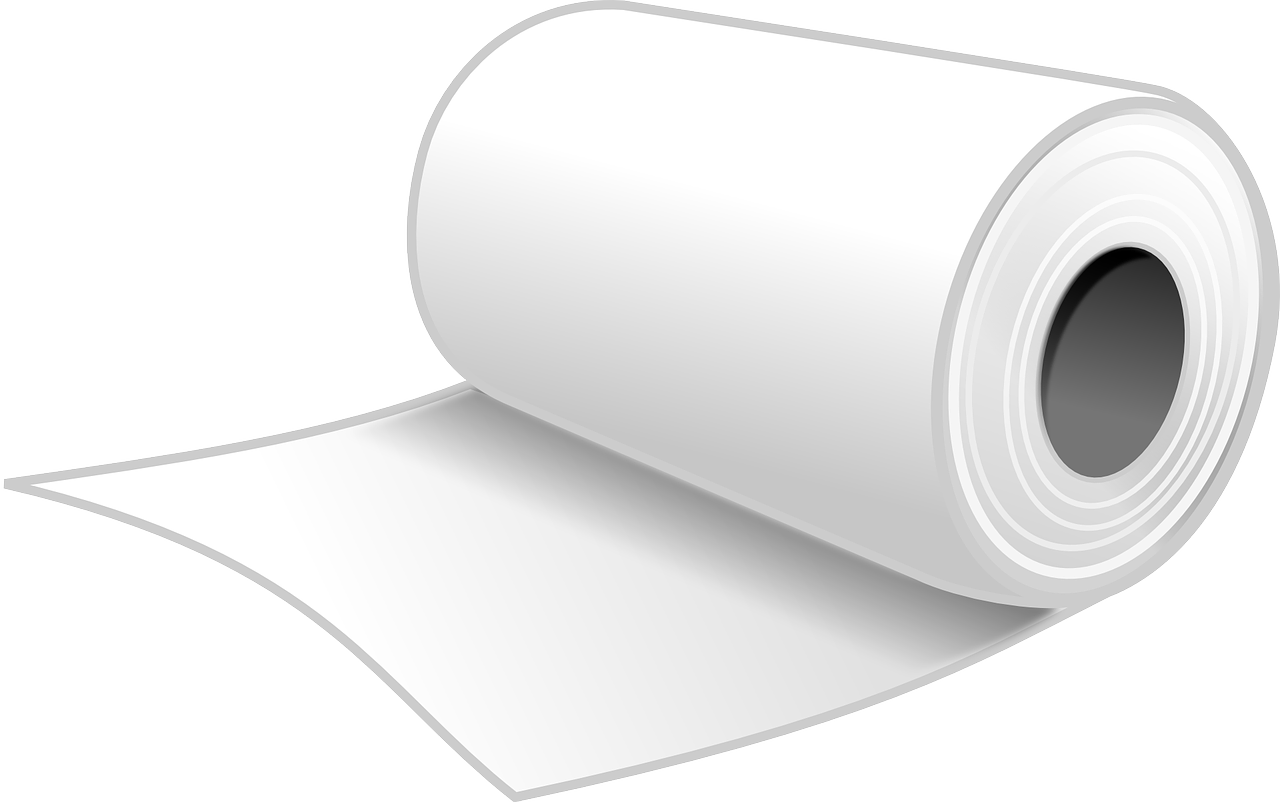 Submitted by Hooper on
Submitted by Hooper on

Here are some things that "suck":
- bad sports teams;
- bad popular music groups;
- getting a flat tire, which you try to change in the rain because you're late to catch a plane for that vacation trip you've been planning all year, but the replacement tire is also flat, and you get covered in mud, miss the plane, miss the vacation, and catch a cold;
- me, at playing Sonic the Hedgehog.
It's tempting to say that all bad things "suck". There probably is a legitimate usage of the term on which you can say of anything bad that it sucks; and yet I'm inclined to think that this broad usage is an extension from a narrower range of cases that are more central to the term's meaning.
Here are some bad things that it doesn't seem quite as natural to describe as sucking:
- a broken leg (though it might suck to break your leg and be laid up at home in pain);
- lying about important things (though it might suck to have a boyfriend/girlfriend who regularly lies);
- inferring not-Q from (i) P implies Q and (ii) not-P (though you might suck at logic problems);
- the Holocaust.
The most paradigmatic examples of suckiness combine aesthetic failure with failure of skill or functioning. The sports team or the rock band, instead of showing awesome skill and thereby creating an awesome audience experience of musical or athletic splendor, can be counted on to drop the ball, hit the wrong note, make a jaw-droppingly stupid pass, choose a trite chord and tacky lyric. Things that happen to you can suck in a similar way to the way it sucks to be stuck at a truly horrible concert: Instead of having the awesome experience you might have hoped for, you have a lousy experience (getting splashed while trying to fix your tire, then missing your plane). There's a sense of waste, lost opportunity, distaste, displeasure, and things going badly. You're forced to experience one stupid, rotten thing after the next.
Something sucks if (and only if) it should deliver good, worthwhile experiences or results, but it doesn't, instead wasting people's time, effort, and resources in an unpleasant and aesthetically distasteful way.
The opposite of sucking is being awesome. Notice the etymological idea of "awe" in the "awesome": Something is awesome if it does or should produce awe and wonder at its greatness -- its great beauty, its great skill, the way everything fits elegantly together. The most truly sucky of sucky things instead, produces wonder at its badness. Wow, how could something be that pointless and awful! It's amazing!
That "sucking" focuses our attention on the aesthetic and experiential is what makes it sound not quite right to say that the Holocaust sucked. In a sense, of course, the Holocaust did suck. But the phrasing trivializes it -- as though what is most worth comment is not the moral horror and the millions of deaths but rather the unpleasant experiences it produced.
Similarly for other non-sucky bad things. What's central to their badness isn't aesthetic or experiential. To find nearby things that more paradigmatically suck, you have to shift to the experiential or to a lack of (awesome) skill or functioning.
All of this is very important to understand as a philosopher, of course, because... because...
Well, look. We wouldn't be using the word "sucks" so much if it wasn't important to us whether or not things suck, right? Why is it so important? What does it say about us, that we think so much in terms of what sucks and what is awesome?
We seem to be more inclined than ever to divide the world into the sucky and the awesome.
To see the world through the lens of sucking and awesomeness is to evaluate the world as one would evaluate a music video: in terms of its ability to entertain, and generate positive experiences, and wow with its beauty, magnificence, and amazing displays of skill.
Eric Schwitzgebel - http://schwitzsplinters.blogspot.com/2017/05/the-sucky-and-awesome.html
- 714 reads